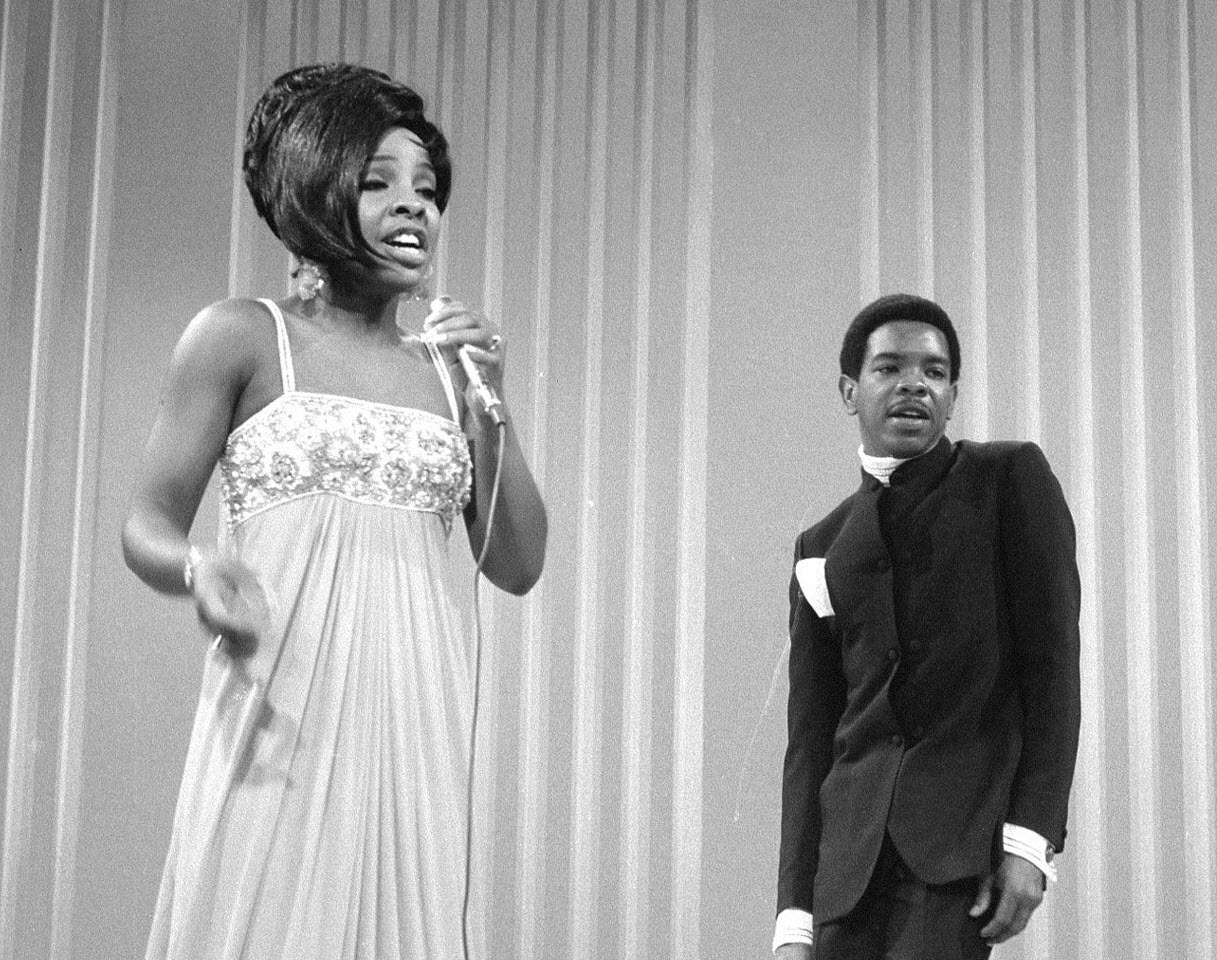It has been about eight and a half years since the tragic death of Stone Temple Pilots and Velvet Revolver frontman Scott Weiland. According to the toxicology report at the time, Weiland died of an accidental overdose of a combination of cocaine, ethanol and methylenedioxyamphetamine (MDA). At the time, the singer’s ex-wife, Mary Forsberg, wrote Weiland a letter to Rolling Stone on behalf of herself and her children, she asked the public not to glorify the singer’s tragic death. Here is what she had to say at the time:
“We don’t mean to downplay Scott’s incredible talent, his presence, or his ability to light up any stage with brilliant electricity. So many people have been kind enough to praise his talent. Music is here to stay. But at some point, someone has to stand up and point out that this will actually happen again – because we as a society almost encourage it. We read terrible show reviews, see videos of artists falling over and can’t remember their song lyrics streamed on a teleprompter just feet away from us. And then we click ‘add to cart’ because what should have been in a hospital is now considered art.
“Many of these artists have children. Children with tears in their eyes, panicking because their cries go unheard. You may ask yourself, ‘How were we supposed to know? We read that he loved spending time with his children and that he had been drug-free for years!'” In reality, you didn’t want to believe that this was a paranoid man who couldn’t remember his own song lyrics and who, in 15 years as a father, had only been photographed with his children a couple of times. I always wanted to share more than anyone was comfortable with. When I wrote a book years ago, it sometimes pained me to sugarcoat so much heartache and suffering, but I did what I thought was best for Noah and Lucy. I knew that one day they would see and feel everything I had tried to shield them from, and that eventually they would be brave enough to say, ‘That mess was our father. We loved him, but a deep-rooted mixture of love and disappointment made up the majority of our relationship with him.'”
Many of the discussions surrounding Weiland’s death were shockingly harsh in their condemnation of his addiction. All these years later, Weiland’s widow Jamie Wachtel Weiland has had a very different experience that she wants to share about the late singer’s legacy. In an appearance on the latest episode of the podcast Appetite for distortionshe made a statement about Weiland’s legacy and said that she did not like that Weiland’s death was still being referred to as a drug overdose:
“I feel like he doesn’t get the recognition and the respect that he absolutely deserves. I think when he died, everyone thought that was tragic, but of course he had overdosed, which he sure as hell didn’t, and I wanted to make that clear. He hadn’t. Because he had drugs in his system, the coroner had to declare an overdose. But the truth is that Scott died because the main artery in his left ventricle was 95 percent blocked. That came from 10 years of heroin use, that came from a life of chain smoking. His heart stopped beating. Did he have traces of drugs in his system? Yes. Did I know he was on drugs? No, I didn’t, because he lied to me, because I had caught him before and there were always these huge fights and I was mad at him. And doing those things, but also lying to me about it… And I even remember when it all happened, I talked to the medical examiner in Minnesota and said, “How could he lie to me about this again?” And the medical examiner was so kind. And he said, “I think he just didn’t want to disappoint you.” But yeah, I really want to be clear, that was not an overdose – it wasn’t. He didn’t do heroin. He didn’t overdose on drugs. His heart stopped because his heart had suffered so much abuse from previous drug use in his life and from smoking and heavy drinking.”
It’s important to remember that people are complicated and multiple, seemingly contradictory truths about a person can be true at the same time. It may be true that Weiland disappointed many people in his life who loved him, and it may simultaneously be true that he battled a strong addiction that was nearly impossible to overcome. Remembering Weiland in multiple ways is entirely appropriate, as Weiland was many different things to many different people.




